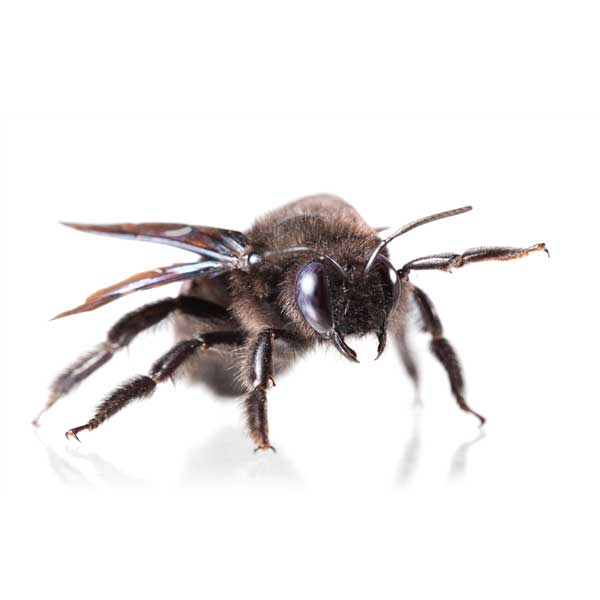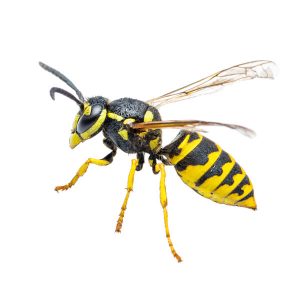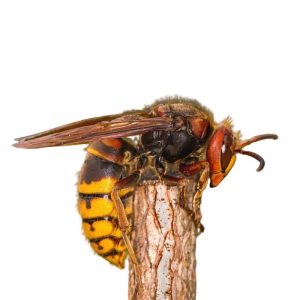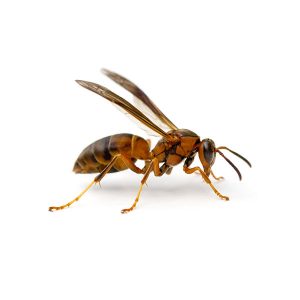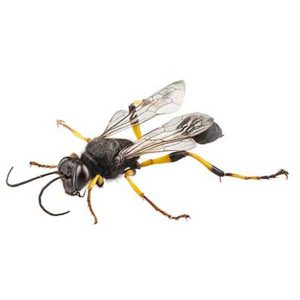Description
Carpenter Bees in Spokane, WA and Coeur d'Alene, ID
Carpenter bees are the largest species of bee native to the United States. They are called carpenter bees because they build tunnels and chambers in wood to use as their nests. Contrary to common belief, these bees do not actually consume the wood they are digging through; instead, they leave behind piles of frass, which look like very fine sawdust. That said, carpenter bees can still cause significant damage to homes and buildings by tunneling through and weakening important wooden structures like support beams.
Carpenter Bee Habitat
Carpenter bees are not very social, and they typically nest individually rather than in a colony. They typically build their individual nests in the wood of trees, eaves, siding, and other similar areas. Carpenter bees overwinter in old nest tunnels during the cold season, and they emerge in the springtime to find a mate. Once mated, females will begin constructing the nest while the male will hover near the site for protection. Female carpenter bees use their mandibles to dig tunnels, and they leave behind a mixture of pollen and nectar called “bee bread” in each chamber. To repopulate, the female will deposit an egg with the bee bread and close the chamber with chewed wood pulp.
Carpenter Bee Behaviors, Threats, or Dangers
Only female carpenter bees possess stingers, though they rarely sting unless provoked. Though male carpenter bees do not have a stinger, they can be very defensive when protecting their nest. Carpenter bees can be helpful for pollination, but their habit of chewing wood can cause serious damage to homes and buildings. Wooden siding, decks, fences, railings, and any other wooden structure can be chewed up by these insects. One or two carpenter bees may not cause significant destruction, but multiple bees over the span of several years can lead to major problems. If you suspect carpenter bees are infesting your home or property, it is best to call a bee control professional.
Need help with Carpenter Bee control?
We'll call you! Leave your information below.
